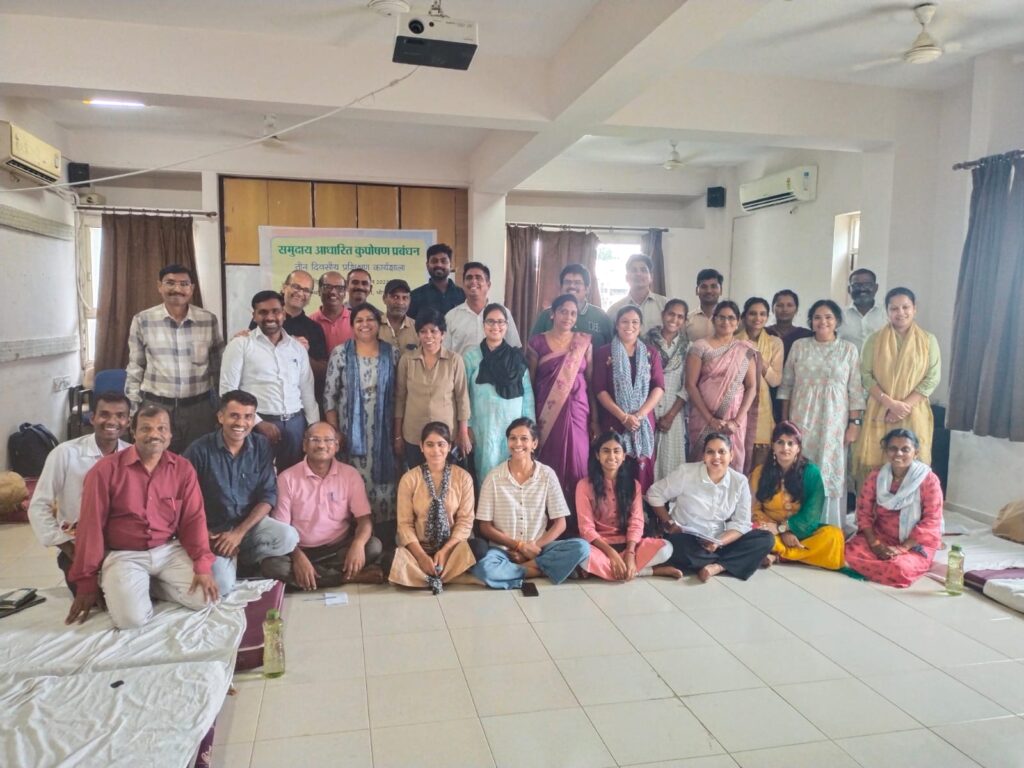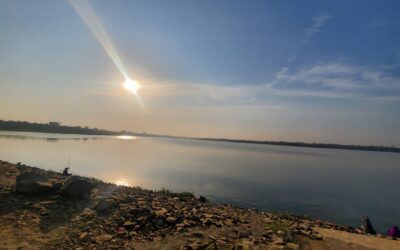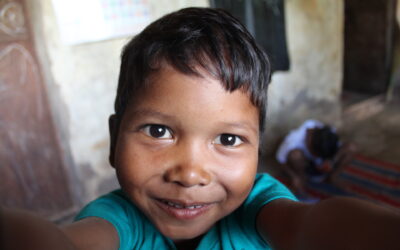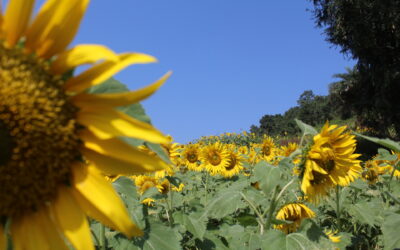I had thought of Rajasthan as the largest state of India and a land of camels. After coming here and looking closely at various aspects, it revealed to me its different shades. As an India Fellow, I’m exposed to several social and civil landscapes. For me, Rajasthan has now become the place for learning about ways in which organizations work towards social change.
In the last few months, I got many opportunities to travel in and around Rajasthan for work. It gave me a glimpse of government policy-making system, education levels, public healthcare status, and forest management norms. I will talk about some of them here.
Civil Society Organisations
Aajeevika Bureau (AB): With the goal of making equitable work possible with dignity for labour communities, AB was established in 2004. Kotra Adivasi Sansthan (KAS), the organisation I am working with, collaborates with AB on a project to engage with a tribal community. My visit was to discuss a progress report on this project. The team was really kind to me, and asked about how I was settling in. We also discussed all that I had learnt about tribal culture till then. The leadership team shared their own experiences of hosting fellows.
Vikalp Sansthan (VS): This organisation is working with youth on their empowerment and enabling them to understand their role in restricting social evils like gender-based violence and discrimination on the basis of identities. Manju Ji, my colleague, told me about VS during a training we went to attend in Bhopal. She talked about the team relentlessly working on stoping child marriages.
People I Met
This is a long list and the first person on this list is Adrija, an India Fellow alums. She was working on a short-term project in the region jointly with KAS and AB, and came to meet in that regard. Through her, I got to know about farming contracts and the labour communities of Udaipur. It introduced me to Bhagiya system, distinct form of sharecropping arrangement practiced by migrant tribal households I largely work with, at the south Rajasthan-Gujarat border. The conversation with her gave me insights on the complex relationship between how landholding farmers in Gujarat and farm labourers here. The financial transactions between them often happen in cash. This led me to support my team by documenting stories about the Bhagiya system.
Next, I met Dharam Sir from AB in Jaipur where some of my community members were protesting for their rights. Over three days, he helped me understand the topography of Kotra better. Moreover, he also explained his work with labourers in the stone carving industry. It’s common in that occupation to suffer from the disease of Silicosis and the challenge is to make sure that those who have fallen sick, access healthcare as well as receive rightful compensation from the workplace. The socio-regional issues persist as add-ons.

Then, I met a bunch of people in Bhopal, who were working with children in their respective locations. I was there to learn about the basics of children’s health. It opened my perspective on intersectionality of health with like education, livelihood, caste, and gender. On returning to Kotra, I could see the complex equation of people’s lives as a mix of social ties, family health, livelihood aspirations, struggle for survival, and accessing education.




0 Comments